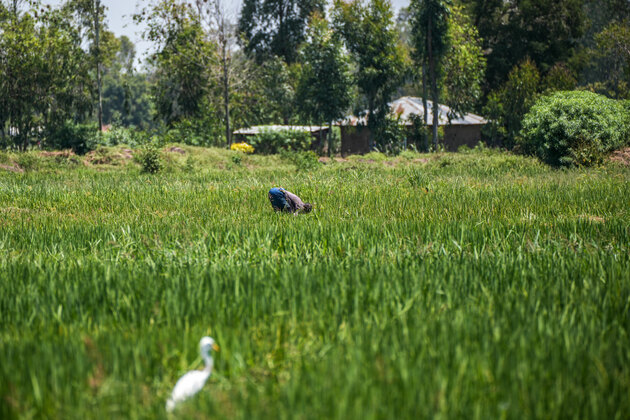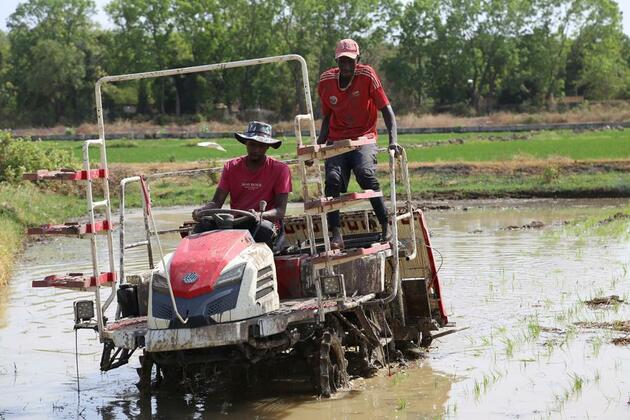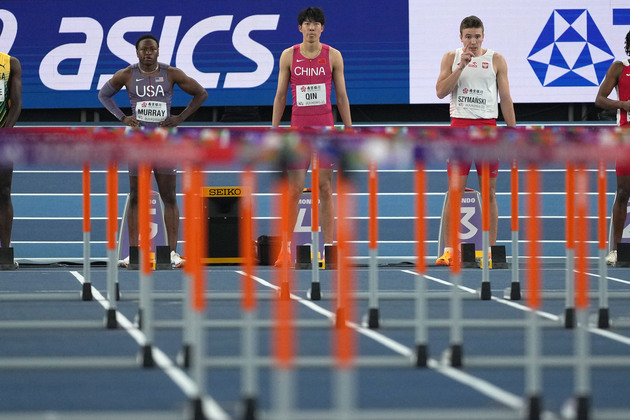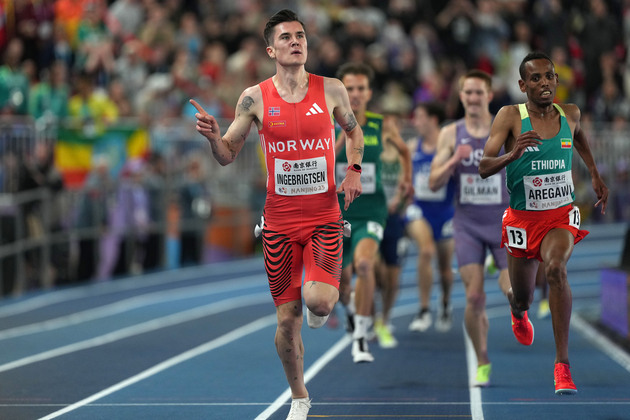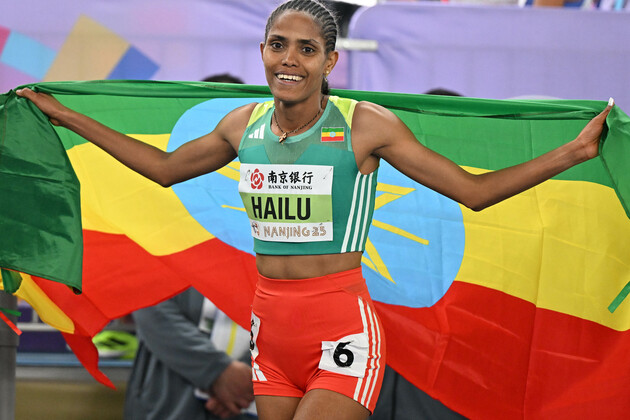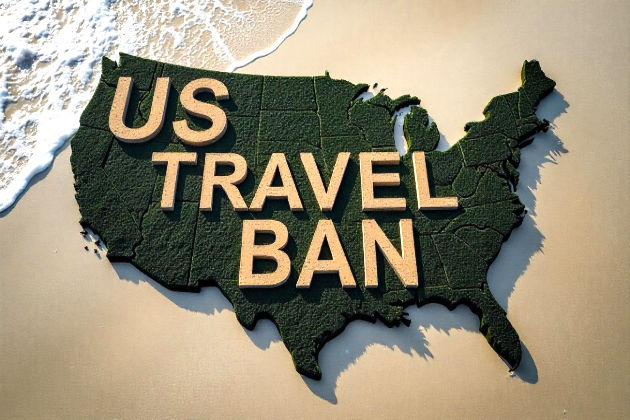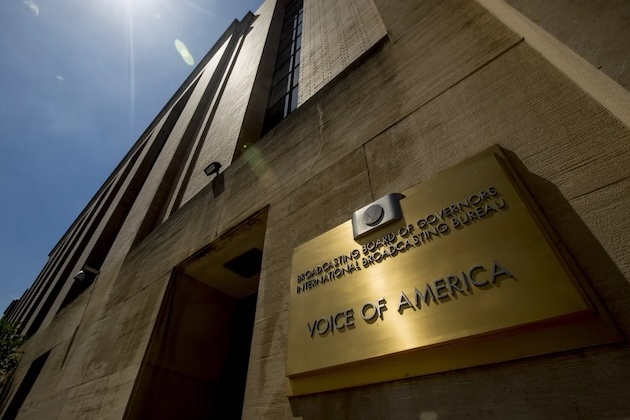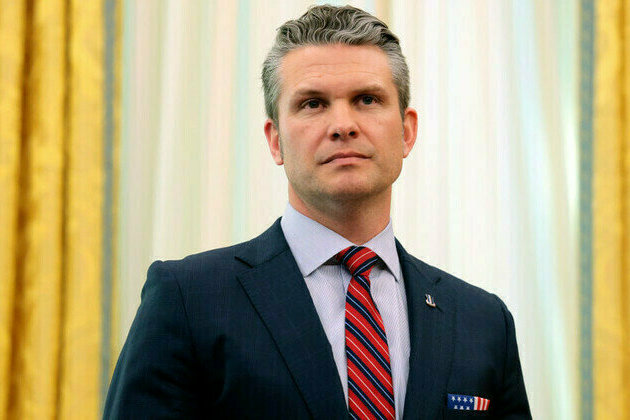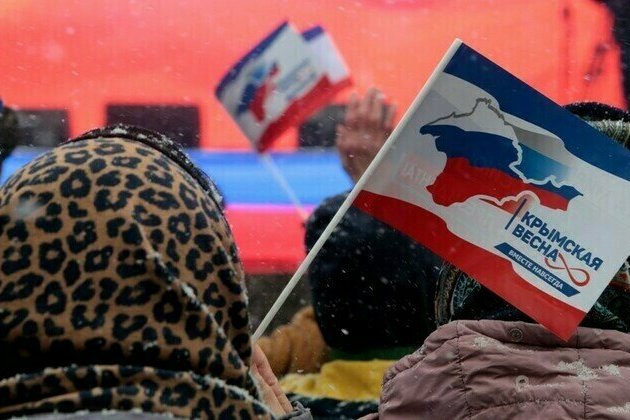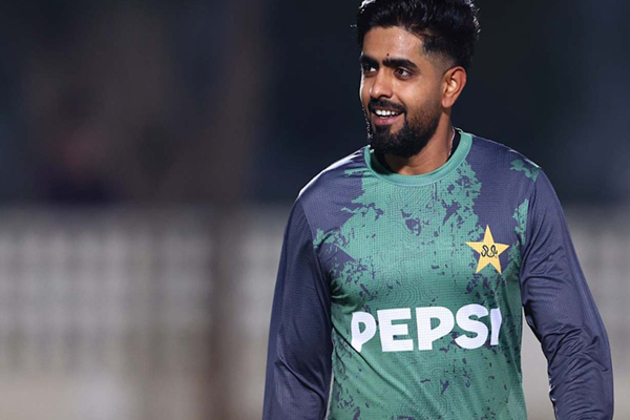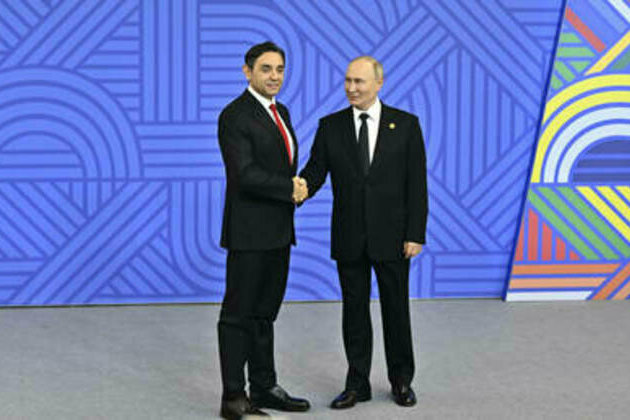Xenophobia: time for cool heads to prevail in Nigeria and South Africa
The Conversation
10 Sep 2019, 18:04 GMT+10
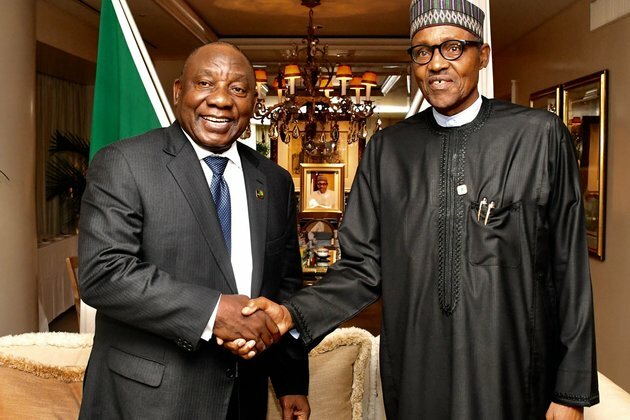
The latest xenophobic attacks in South Africa have ignited the long-standing tensions between the country and Nigeria. These are captured in the retaliatory attacks on South African businesses in Nigeria and the diplomatic outrage by Nigerian authorities.
Nigeria also boycotted the recent World Economic Forum (WEF) meeting in Cape Town. More critical was the temporary closure of South African missions in Abuja and Lagos and Nigeria's decision to recall its ambassador.
But in the larger scheme of things, xenophobia is a distraction from the leadership role that Nigeria and South Africa should play on the continent on fundamental issues of immigration and economic integration.
A constant irritant
Accurate figures are hard to get. But Statistics South Africa put the number of Nigerian migrants at about 30,000 in 2016, far below Zimbabweans and Mozambicans.
Xenophobia has remained a constant irritant in Nigeria-South Africa relations since the major attacks on African migrants in poor neighbourhoods in Cape Town, Durban and Johannesburg in 2008 and 2015. But, contrary to popular perception, xenophobic attacks do not disproportionately target Nigerians. Nigerians often exaggerate the effect of violence on their citizens. That is probably because Nigeria has a better organised, savvy, and loud diaspora constituency in South Africa.
Unfortunately, the loudness of the Nigerian diaspora transforms victimhood into foreign policy, generating the reactions that have been witnessed recently. It also plays into the naïve narrative of the "liberation dividend". This entails Nigerians seeking to be treated uniquely because of their contribution to the struggle for majority rule in South Africa. There were no such expectations from the other countries that supported South Africa's liberation struggle.
This narrative has taken on an equally economic tinge. South African companies are heavily invested in Nigeria. So, they often become targets of Nigerian ire in times of xenophobia.
The accurate picture is that xenophobia affects all African migrants. These are mostly migrants from Malawi, Zimbabwe, Mozambique and, increasingly Ethiopians, Kenyans and Somalis. Nigerians are affected. But they're not on top of the list.
The Nigerian responses are understandable in light of the frequency of these attacks. But, it is important to probe the drivers of xenophobia to understand it more deeply.
What drives xenophobia?
First, some studies reveal that the intrusion of foreign migrants into vulnerable communities beset by joblessness and despair inevitability produces a tinderbox that sparks violence .
Migrants are easy targets. That's because they are seen as being better off by the locals. They therefore become targets of people who feel their circumstances have not been addressed by government. It is no surprise that xenophobic attacks have typically occurred in poor neighbourhoods that have been affected by service delivery protests since the mid-2000s.
Second, xenophobia thrives on ineffective policing in South Africa. Barely two days after the Johannesburg attacks started, the national police spokesman admitted that the police were running out of resources to manage the violence. This prompted the Premier of Gauteng, the country's economic hub, to threaten to also deploy the army if the violence continued.
Examples of the police's inability to maintain order and respond to threats to property and livelihoods are legion. This, in part, forces people to take the law into their own hands.
Read more: How South Africa can turn the rising tide against vigilantism
But the police are sometimes complicit in stoking anti-foreign sentiments. The July 2019 raids on foreign-owned businesses in Johannesburg in apparent efforts to stamp out illicit goods added to the current climate of xenophobia. When some business owners retaliated against the police, some local leaders appropriated the language of "threats on South Africa's sovereignty" to justify the police response.
Reforms are urgently needed to create a competent, less corrupt, better-resourced, and civic-minded police service.
Xenophobia is also an outcome of a rickety migration and border control regime. Efficient border controls are one of the hallmarks of sovereignty and the first line of defence against xenophobia. Broken borders breed criminality. These include human and drug trafficking. Human and drug trafficking feature prominently in the discourse on xenophobia in South Africa.
How, then, does xenophobia distract South Africa and Nigeria from what should be their leadership on core African issues?
Overreaction
The weighty issues of creating a humane and just society for South Africans and migrants alike will ultimately be led by the South African government. Outsiders can make some diplomatic noises and occasionally boycott South Africa. But these actions are unlikely to drive vital change.
In fact, the overreactions by Nigeria and other African countries simply undercut the South African constituencies that have a crucial stake in wide-ranging reforms that address the multiplicity of problems around xenophobia.
In the previous instances of xenophobic violence, Nigeria urged the African Union (AU) to force South Africa to take action. But such unhelpful statements only inflame passions and prevent civil diplomatic discourse.
Instead, the best policy would be for Nigeria to engage South Africa through their existing binational commission. Nigerian President Muhammadu Buhari is scheduled to visit South Africa next month.
Taking the lead
Rather than the perennial relapse into shouting matches and hardening of rhetoric, it is essential for Pretoria and Abuja to take decisive leadership at the continental level. The two nations must articulate immigration policies.
The newly-inaugurated AU Free Movement of Persons Protocol will not be implemented if South Africa and Nigeria do not join hands to make it a reality. More ominously, migration to South Africa as the premier African economy will only get worse in the coming years. This, as Europe and the United States tighten their borders against African migrants.
Also, without the leadership of its two major economies, Africa is not going to make any traction on the new treaty establishing the African Continental Free Trade Agreement. Ironically, the WEF meeting in Cape Town addressed ways to boost intra-African trade. Nigeria should not have boycotted it because of xenophobia.
Author: Gilbert M. Khadiagala - Jan Smuts Professor of International Relations and Director of the African Centre for the Study of the United States (ACSUS), University of the Witwatersrand 
 Share
Share
 Tweet
Tweet
 Share
Share
 Flip
Flip
 Email
Email
Watch latest videos
Subscribe and Follow
Get a daily dose of Kenya Star news through our daily email, its complimentary and keeps you fully up to date with world and business news as well.
News RELEASES
Publish news of your business, community or sports group, personnel appointments, major event and more by submitting a news release to Kenya Star.
More InformationAfrica
SectionBRI Stories | Chinese-built irrigation project transforming Kenyan farmers' livelihoods
(250322) -- NAIROBI, March 22, 2025 (Xinhua) -- A farmer works in a field benefited from the Lower Nzoia Irrigation project in Siaya...
(Hello Africa) Chinese rice planting technology boosts agricultural development in The Gambia
Local farmers work for the China-Gambia agricultural technology cooperation project in Central River Division, Gambia, on March 13,...
Kane Williamson predicts big things for Rachin Ravindra, Abhishek Sharma ahead of IPL 2025
Mumbai (Maharashtra) [India], March 22 (ANI): Ahead of the Indian Premier League (IPL) 2025 campaign opener, New Zealand batter Kane...
(SP)CHINA-NANJING-ATHLETICS-WORLD ATHLETICS INDOOR CHAMPIONSHIPS-60M HURDLES-MEN (CN)
(250322) -- NANJING, March 22, 2025 (Xinhua) -- Athletes prepare before the men's 60m hurdles semifinal at the 2025 World Athletics...
(SP)CHINA-NANJING-ATHLETICS-WORLD ATHLETICS INDOOR CHAMPIONSHIPS-3000M-MEN (CN)
(250322) -- NANJING, March 22, 2025 (Xinhua) -- Jakob Ingebrigtsen of Norway celebrates after the men's 3000m final at the 2025 World...
(SP)CHINA-NANJING-ATHLETICS-WORLD ATHLETICS INDOOR CHAMPIONSHIPS-3000M-WOMEN (CN)
(250322) -- NANJING, March 22, 2025 (Xinhua) -- First placed Freweyni Hailu of Ethiopia celebrates after the women's 3000m final at...
World
SectionUS weighs broad travel ban covering dozens of countries
WASHINGTON, D.C.: The Trump administration is considering strict new travel restrictions for citizens of dozens of countries, according...
US cuts VOA funding, puts 1,300 staff on leave
WASHINGTON, D.C.: The U.S. government has placed more than 1,300 Voice of America (VOA) employees on leave and slashed funding for...
Pentagon chief offers choice between war and defense
Pete Hegseth is conducting a poll among the public about renaming the agency he heads as the Department of War US Defense Secretary...
Trump envoy names largest issue in Ukraine conflict
The former Ukrainian territories want to stay with Russia, Steve Witkoff has said The status of the former Ukrainian territories...
Basit Ali gives technical advice to Babar Azam; predicts "best batter" in PSL
Islamabad [Pakistan], March 22 (ANI): Former cricketer Basit Ali has provided technical input to Pakistan's premier player, Babar Azam....
Serbia reiterates stance on Russia sanctions
Belgrade will not take part in the restrictions against Moscow, Deputy Prime Minister Aleksandar Vulin has said ...

